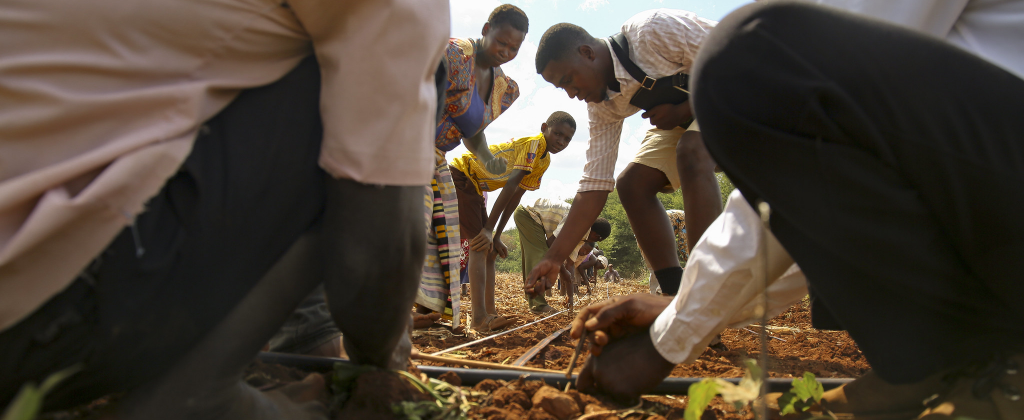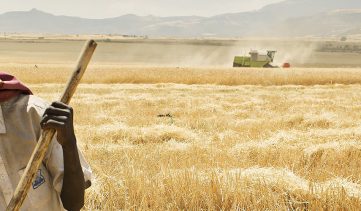
Despite progress, Malawi faces development challenges of poverty, food insecurity, and malnutrition. To address these issues, the Government of Malawi developed a National Resilience Strategy (NRS) to guide investments in agriculture, promote household resilience, strengthen management of Malawi’s natural resources, and work closely together with stakeholders. CARE and partners, including IFPRI’s Compact2025 initiative and funding from USAID, are supporting the implementation of the NRS through the new Titukulane Development Food Security Activity—which means “let us work together for development” in Chichewa.
Titukulane, which was launched on November 12-13, 2019, will be implemented in the Mangochi and Zomba districts with direct potential impact on over 290,000 households. The program aims to achieve sustainable and equitable improvements in food security and nutrition by supporting the development of more accountable, resilient, and gender-focused food systems. Titukulane will be participant-driven, with participants defining agendas, identifying livelihood options, and working together with practitioners to choose among suggested options.
IFPRI is working with partners including the Lilongwe University of Agriculture and Natural Resources (LUANAR) to implement a learning agenda that incorporates collaboration, monitoring and evaluation (M&E), and systems management into program implementation. The Institute will identify and address knowledge gaps, build capacities of the project team, and work closely together with policymakers and local partners to disseminate information and ensure strong links between the program and NRS activities.


